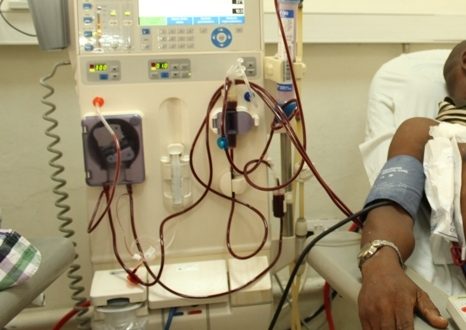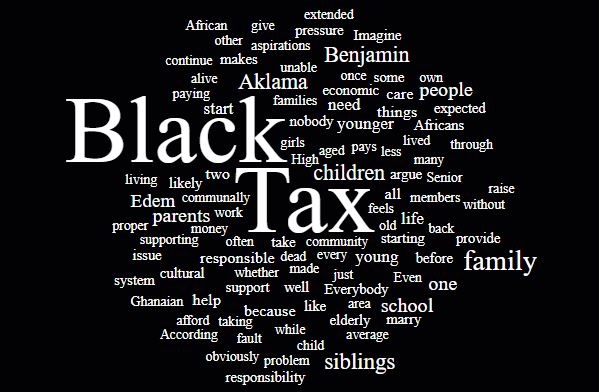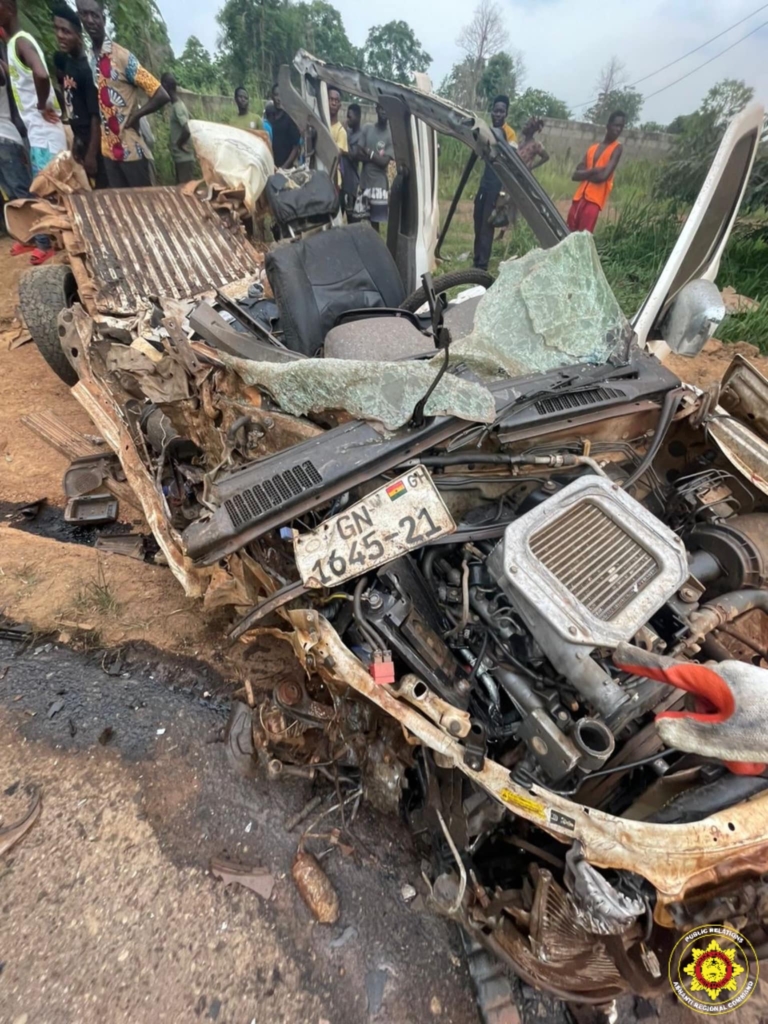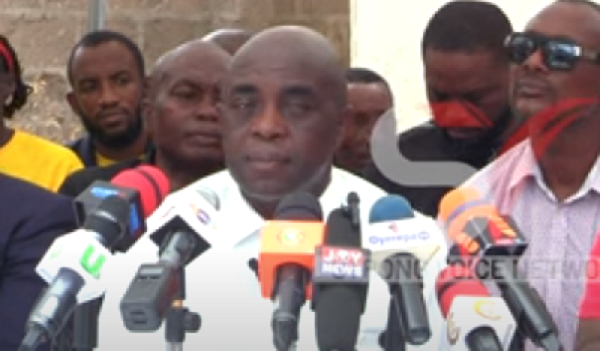
Gov't urged to place kidney disease on NHIS as prevalence worsens

Kidney diseases are increasing across the globe. Here in Ghana, it is estimated that some 12,000 people are diagnosed with kidney-related conditions every year; a worrying trend that requires extensive education.
However, many may take for granted how the absence or failure of a kidney can affect you for the rest of your life.
In most cases, kidney failure is caused by other health problems that do permanent damage to your kidneys over time.
Persons with uncontrolled diabetes and hypertension are also at risk of kidney diseases. Dr Emily Nortey of the Korle Bu renal unit says the importance of the kidney to the body cannot be downplayed.
“It’s important we increase awareness on kidney diseases and its burden on us as a people. Kidney disease prevalence is gradually increasing. Worldwide, there are about 350 million people living with it. In sub-Saharan Africa, its 13.9 per cent and in Ghana alone it’s about 17 per cent. Out of every hundred people, 17 are walking with kidney disease. So it’s important to raise awareness of the signs and symptoms as well as the treatment so as to reduce the burden it has on us as a nation”.
Fifty-year-old Akosua’s situation of the kidney disease is due to medical neglect and as a result, she has been on dialysis for eight years. The pain, trauma and financial burden is troubling for her
Kidney disease affects people of every age including children. However, for the hundreds who have already been diagnosed with the disease already, they have to spend hours and sometimes days before they get access to the nine machines for dialysis serving the over five hundreds of patients at Korle-Bu. Learning that you have kidney failure can come as a shock.
Another patient I saw at the Renal Unit at Korle Bu indicated that his diagnosis came to him as a shock. He was playing soccer with his colleagues in one of the tertiary institutions when his vision started to blur.
His pressure was high and no amount of treatment was bringing it to normalcy. He has had to live with the condition for years now and has not found himself a job as a result of the burden of the disease.
If your kidney fails, you’d need dialysis or Kidney transplant to live. Failure to do so will mean signing your death warrant. Also, a minimum of three sessions of dialysis is required in a week. But most patients cannot afford the cost involved with paying for the three sessions weekly. Dr Lim Kwakume also of the Korle- Bu renal unit is, therefore, asking that government includes part of the treatment on the list on the National Health Insurance Scheme.
“ When you have to come for dialysis, you miss out on work and there is no definite time that you will have the dialysis session because there is a long waiting period. There are lots of patients waiting to use the machine and sometimes emergencies come in which will also mean we have to give them access to the machine. In so doing, it pushes back the regular people.
We also want to encourage the government to try and put these lab tests on the National Health Insurance and to put some sessions of dialysis on the NHIS which most Ghanaians have and most Ghanaians are able to afford”.
People living with the condition are seeking help from the government to make the process less expensive and cumbersome. They want dialysis centres to be filled with more machines as the ones they have are inadequate.
By: Zoe Abu-Baidoo | citinewsroom.com | Ghana
Source: citifmonline.com






